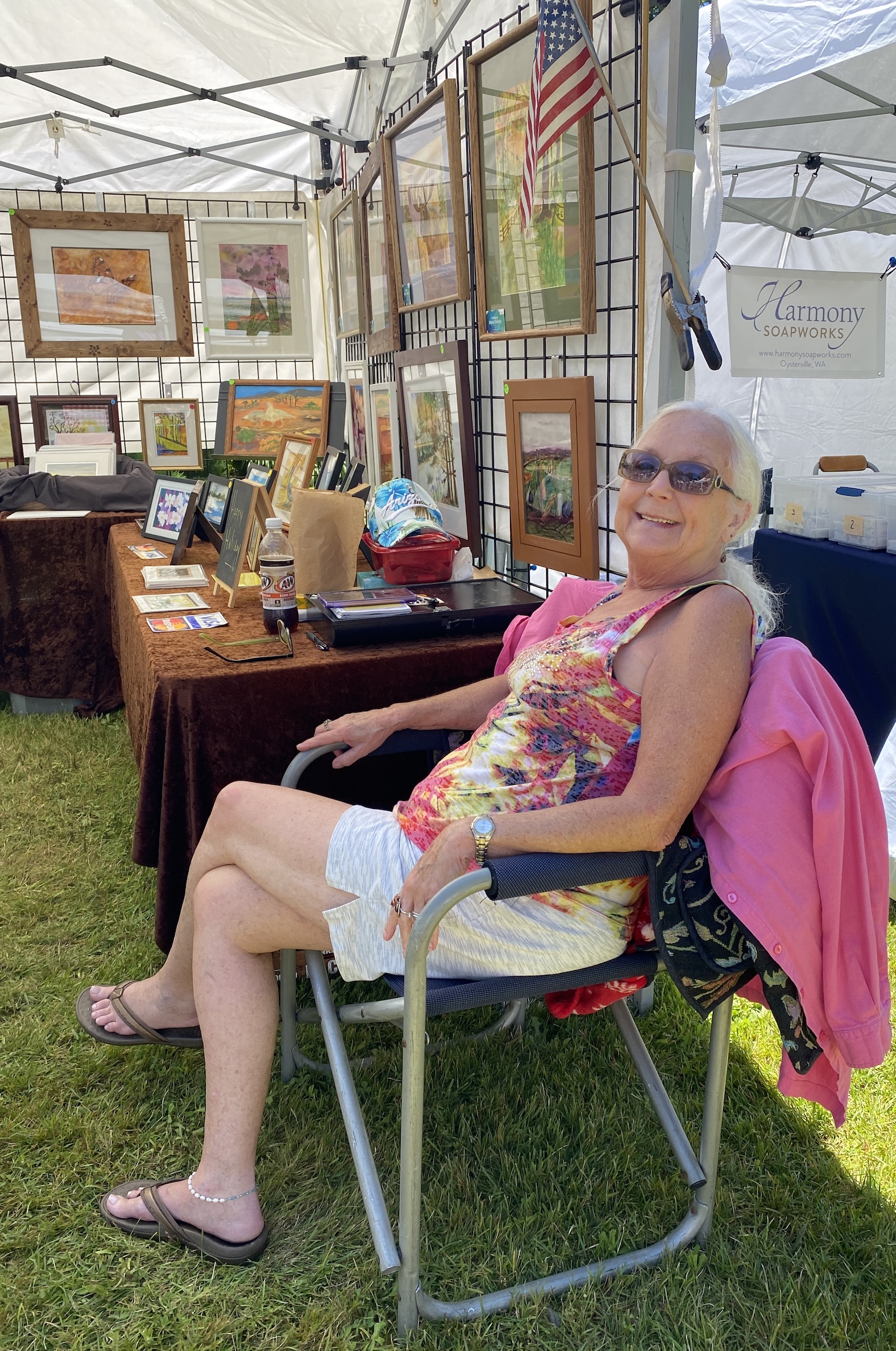Scratchpad: Writers, be not afraid of badness
Published 7:22 pm Tuesday, October 23, 2018

- Features Editor Erick Bengel.
My recent email exchange with Kim Stafford, Oregon’s Poet Laureate, was one of those interviews in which every response could be turned into a story, the deleted scenes as compelling as the feature presentation.
Sadly, given the limitations of space and time, most of the material ended up on the cutting room floor.
For example, I asked: What’s one piece of advice you wish you’d heard as you were starting out as a writer? His answer:
“The ongoing process of writing is far more important than any particular piece of writing, no matter how ‘successful’ it may seem. Get into the process for the long haul, and cultivate ways that writing can serve your sense of well-being each day — like physical exercise.
“I tell my students now, if you write every day, the writing you do may not always be stupendous — but it will always be a better day for your engagement with the self, the language, and the world.”
This imperative to make writing a daily practice, especially if you hope to make a life out of it, came up again on Sunday at the Cannon Beach Library, where Stafford read, sang, played guitar and contemplated that elemental human function — storytelling — during a Northwest Authors Series event.
He spoke of his own practice, which begins every morning when he takes a walk and sits down with a page.
“If there’s something that troubles me, something I’m afraid of, something I regret, something I’m angry about, I just say to myself, ‘I’ll look at that in my writing time.’ And then I do what I call ‘settling my accounts emotionally.’” As one of his students said: “Put your rage on the page. Don’t fight it; write it.” In this way, Stafford said, he can return to neutral.
“Happiness,” he pointed out, comes from the Old Norse “hap” and shares the cognate with “happens.”
“Happiness,” he said, “is when you come into accord with what happens: If it’s dark, you look at it, you take on what you can, you have relation with what happens, and then you go forward.”
Afterward, Stafford presided over a meeting of local writers. Terry Brooks, author of the “Shannara” fantasy series who lives part-time in Cannon Beach, said he needs to write every day to be a pleasant person, to feel sane.
A serious writer should do the same, Brooks said. Make time for it. “If you need to give something up, give something up.”
This means doing what is, at least for me, the most masochistic part of writing: staring at my own bad unfinished work — really looking at how rough and draft-y and bad it is — and continuing to write anyway.
Being in accord with what happens while writing means confronting head on my malformed thoughts and mangled sentences, the literary tripe only I could produce, the cringey drivel I fear would make my loved ones give up on me were they ever to read it.
Not to worry, I try to reassure myself. It can always be smoothed out later. Trust the process. Just write, every day if possible.
And it’s always a better day, Stafford said, when something comes forth from the inner life.








